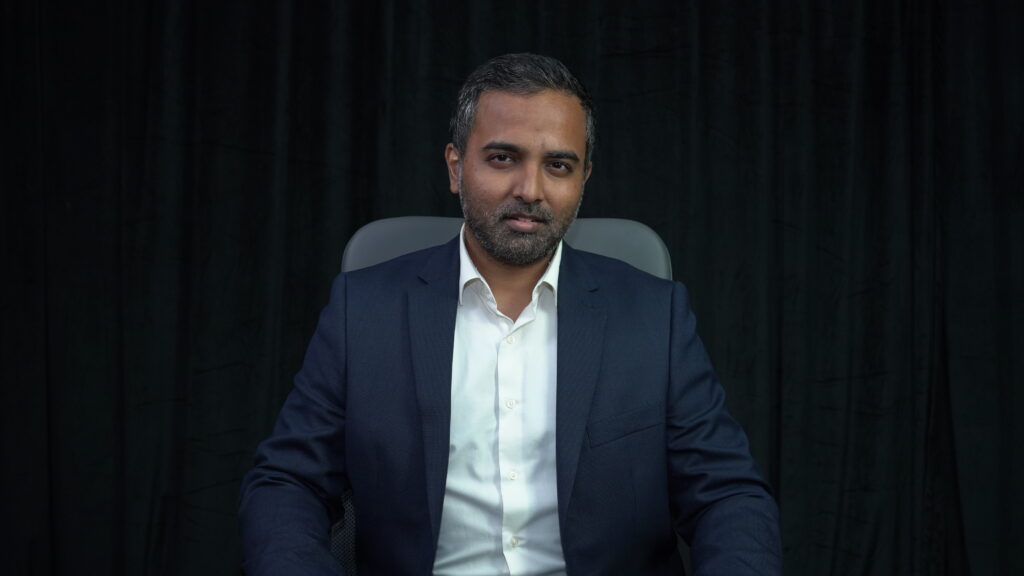LONDON, UK. October 29th, 2025 – In response to the KPMG / University of Melbourne global study
Trust, Attitudes and Use of Artificial Intelligence: A Global Study 2025, operations and automation expert Raihan Islam is warning that businesses which lean on AI to replace their authentic voice risk undermining credibility and trust.
The study, which surveyed over 48,000 people across 47 countries, finds that while technology usage is growing fast, trust in AI is lagging: globally only 46% of people say they are willing to trust AI systems.
“AI-First must mean Human-First,” said Raihan Islam, founder of High-Velocity X and architect of the Velocity OS™ operations platform. “If what you publish doesn’t sound like you, your credibility drops instantly. Use AI to accelerate work to 60%, then rely on human judgement, context and expertise to take you to 80% and beyond. We sometimes hear the phrase ‘AI-first means human-first’, and this is what it really means.”
The UK findings from the same study paint an even sharper picture. According to KPMG, just 42% of UK respondents say they would trust AI, while 72% say they are unsure online content can be trusted because it may have been generated by AI. For business leaders this presents a clear risk: content and communications that lack authenticity may erode brand reputation and stakeholder confidence.
Raihan Islam, advisory board Certified Chair™, argues that the rush to adopt AI-generated text, images and social posts is creating a sea of sameness. “When ChatGPT arrived, everyone tried it. Businesses and LinkedIn influencers rushed to use it for quick, polished text. Three years later the hype has faded. The recycled phrases, the ‘not X but Y’ clichés, the sterile, packaged tone – it all adds up. I used long dashes for years. It was my trademark. Now I have to delete them so people don’t think I’m a bot.
“Too many people are letting AI speak for them. If everyone sounds the same, no-one stands out. Soon we’ll have AI writing posts that other AIs read, while humans disconnect even further. That is not what the technology was built for.”
Drawing on more than 25 years of experience in automation, systems design and AI-powered platforms, Islam explained that the value of AI lies not in impersonating human voices, but in amplifying human intelligence. His journey started at age 14 writing chatbot scripts, progressed through marketing automation platforms for millions of users, and in 2015 saw him design a language model supporting translation between English, Russian and Ukrainian. These foundations have informed his current focus: aligning strategy, operations and automation in a responsible and human-centred way. Raihan said: “Because I know how to fool others with automation, I know when I’m being fooled.”
The KPMG study emphasises similar themes: while 66% of people globally report regular AI usage and 83% believe AI will bring wide-ranging benefits, trust remains a critical challenge. In the UK specifically, despite widespread AI use in the workplace for tasks and decision-making, the literacy gap is large: only 27% say they have had formal training in AI, while 48% believe they can use the tools.
According to Islam, when organisations deploy AI for content or analysis without human oversight they expose themselves to reputational, legal and operational risk. “If people allow AI to speak for them without checking the statements, they open themselves up to potential defamation claims, or possibly getting fined for relying on AI-generated analysis when they shouldn’t have.”
For businesses seeking to leverage AI successfully, Islam proposes a three-step approach. Firstly use AI to identify gaps and improve operational processes, treat AI as a speed-to-insight platform, not a ‘publish and forget’ engine and finally always ensure human oversight, judgement and responsibility shapes the final outcome.
His platform, Velocity OS™, exemplifies this model: integrating software, advisory and consulting outputs to accelerate progress from zero to 60% (via automation and AI) then to 80%+ through human expertise, ensuring every decision is grounded in integrity and accountability.
“AI should help us see gaps faster, make decisions with more insight and free humans to focus on judgment, creativity and ethics,” said Islam. “If we let AI speak for us without oversight, we’re risking trust, reputation and ultimately our relationships with customers and colleagues.”
As an advisory board member to start-up Neverleft, Raihan Islam will be attending Lisbon’s ‘Web Summit’, 10-13 November, supporting scaling businesses to implement AI for sustainable, continuous growth.

